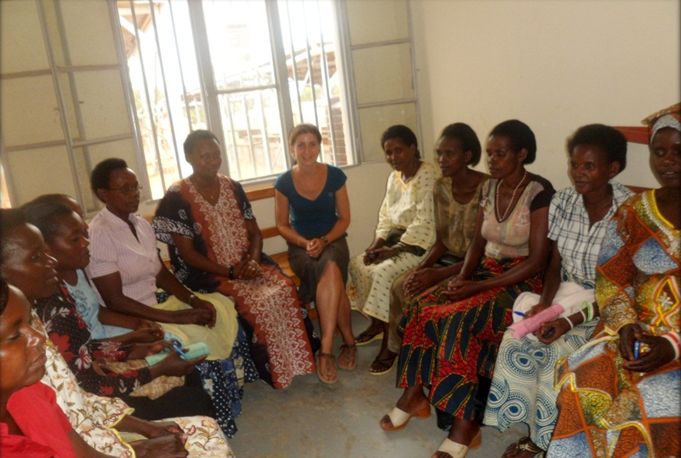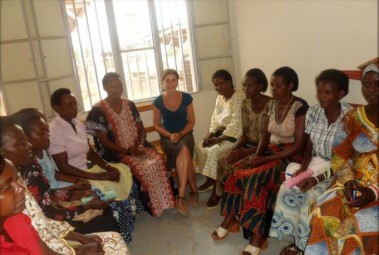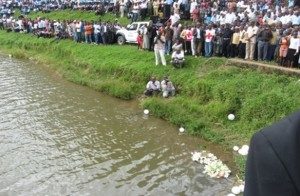
Tutsi women were raped and often mutilated during the 1994 genocide. Victim’s testimonies confirm that women were subject to sexual brutality. Most women who were directly threatened with death were spared only to be raped.
Children born of these rapes are most often identified with the perpetrator rather than the victim. They are known as, and often times referred to in their villages as, “unwanted children”, “children of the Interhamwe” or “children of bad memories.” There is a critical need to educate and empower the mothers on issues of parenting and disclosure, to enable them to build and strengthen their relationships with their children. In turn, this will help the children to understand their unique circumstance, and to reduce their marginalisation and isolation.
In partnership with Kanyarwanda and Foundation Rwanda, Survivors Fund (SURF) has piloted a community counseling initiative in order to provide mothers raped during the genocide with ongoing psychological support. This will foster a secure environment through which a process of disclosure can be decided upon and managed by the mothers. As well, for those mothers that choose not to disclose to their children, tools are being provided to enable them to deal with social and emotional issues when they arise.

The community counseling initiative is currently giving training to 40 mothers directly in their local areas, by providing opportunities for group and individual counseling. The counseling focuses on issues of parenting and disclosure, as well as broader issues of trauma and coping with individual life circumstances. This community counseling gives the women the opportunity to receive support in the security of their own communities. It allows them to receive support from trained counselors, as well as from their peers, which is also developing strong support networks.
Following an evaluation of this pilot, the plan is to make the program available to an additional 800 mothers who are receiving education support for their children from Foundation Rwanda, many of which have requested such training.
We will ensure to post further updates here as to the progress of that pilot.

